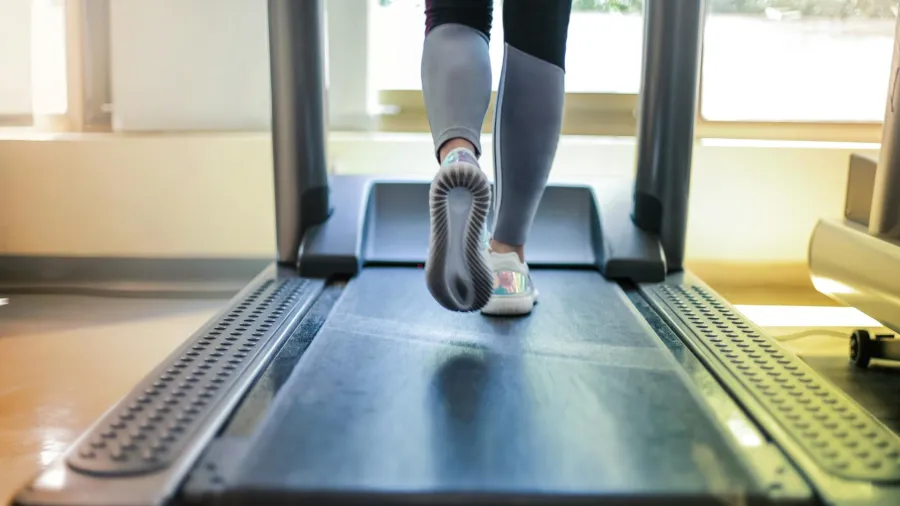
Home fitness equipment market to grow by $4.44b by 2028
It is driven by rising health awareness and smartphone penetration
The global home fitness equipment market is set to expand by $4.44b from 2024 to 2028, with a CAGR of 11.38%, according to Technavio.
The report said that the growth is driven by rising health awareness and smartphone penetration, boosting demand for connected fitness devices.
With consumers prioritising health and wellness, home fitness equipment such as stationary bikes, treadmills, and rowing machines are gaining traction. Smart fitness devices, including treadmills with heart rate sensors and smart dumbbells equipped with built-in tracking, are revolutionising home workouts. Strength training equipment is also in demand as consumers seek effective at-home workout solutions.
Additionally, obesity, heart disease, diabetes, and other health concerns are key factors driving market expansion. The availability of online fitness sessions, digital diet plans, and the rise of e-commerce platforms are further fueling growth. Leading brands such as Fitness Superstore and Life Fitness are capitalising on this trend, offering a wide range of cardiovascular and strength training equipment.
The adoption of connected fitness technology is accelerating due to improved internet connectivity and smartphone penetration. Countries with high smartphone usage, including South Korea, Australia, the U.S., the U.K., and Germany, are driving the shift toward digital fitness solutions. Wearable devices and mobile apps that track workouts and provide real-time feedback are enhancing user engagement.
However, the market faces competition from HIIT, yoga, and bodyweight workouts, which require little to no equipment.
Despite this, increasing demand for flexible and tech-driven workout solutions is expected to sustain growth.

















 Advertise
Advertise






